
Salzburg
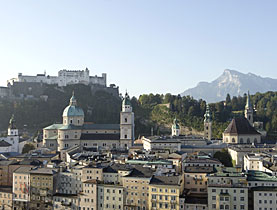
Salzburg is positively alive with culture. Yet the Austrian city has more to offer than just the ubiquitous reference to its favourite son, Wolfgang Amadeus Mozart.
Monuments, squares, churches, palaces and hidden nooks and crannies all add to the special charm of the country’s fourth-largest city.
For culture vultures Salzburg is a veritable paradise, with more than 4,000 musical and theatrical events a year.
Pomp and elegance take visitors back into another century – curiosity is stirred as soon as you enters the historical city centre or crosses one of the bridges spanning the Salzach.
It is delightful to get lost in the labyrinthine alleys, admiring the thousands of little details that make that part of the city so charming.
These include religious figures, statues, inscriptions and squares devoted to the city’s best-known figures. Frescoes on walls and façades, golden ornaments, arabesque artwork, antiques, posh coffee houses and restaurants in vaulted cellars transform every corner into a magical place.
This “open air museum” offers countless surprises, which can be enjoyed in a relaxed atmosphere. Getreidegasse is the Old Town’s main artery, which includes Mozart’s birthplace, now a gallery.
Work hard, play hard
Keep your ears open as you walk through the city and you’ll hear languages from all around the world – tourism is Salzburg’s main economic sector.
“Summer is ghastly,” according to Marco Stingelin, president of the Salzburg Swiss Association. “If I had to choose one season in which to visit the city it would be autumn. The only minus point then is the wind and the unpredictable weather.”
This does not appear to bother tourists, however. Of the 30,000 companies in the region, around 5,000 are involved in tourism.
“What’s on offer to tourists is incredibly diverse,” said Stingelin, who has lived in Salzburg for three years. “Skiing, hiking, spas, water sports…”
Locals are used to the constant coming and going. They work in the city’s cafés, hotels and restaurants.
“The citizens of Salzburg live a quiet life. They work hard, but also love life’s pleasures. They like going out and enjoying restaurants,” Stingelin said.
“Life in Salzburg revolves around the river – down by the water there are countless Irish bar and pubs, which are always full thanks to the music.”
Local pride
“People are very proud of their cultural heritage and their history,” Stingelin adds. “I think they still have a certain nostalgia for the empire…”
He says residents have a great respect for local traditions. “Music and culture are held in particularly high esteem. On Sundays, people – young and old – wear ‘Tracht’, the traditional costume [dirndl dresses for women, a lot of loden for men].”
He points out that in winter statues are wrapped up in a transparent pyramid in order to protect them from damage. The colourful frescoes are also carefully looked after.
“I really feel at home in Salzburg. There are mountains and lakes and the people are very similar to the Swiss. You can eat well here and the prices are not too bad,” he said.
“Less fun are the taxes, which can swallow up to 45 per cent of salaries. Property prices are reasonable, apart from in the centre, where they are exorbitant. Many people live outside the city and commute in. Vienna is cheaper.”
Unhealthy portions
The renowned Salzburg Festival, which this year takes place from July 26-August 31, is one of the city’s greatest attractions.
Also of interest is the twice-weekly market, where you can get just about everything: fruit, vegetables, bread, meat and bio-products.
In Salzburg the selection of desserts and cakes is enormous. Sachertorte [chocolate cake with apricot jam] and Mozartkugeln [a ball of green pistachio marzipan covered in a layer of nougat and chocolate] are the city’s most popular “souvenirs”.
But Stingelin says it is not only the range of confectionary that is amazing, but also the luxuriousness.
“It’s impossible to eat a portion of Salzburger Nockerin [a sponge cake covered in chocolate] on your own – you risk serious indigestion. The best thing is to share it among four people.”
swissinfo, Ivan Turmo in Salzburg
Salzburg is the fourth-largest city in Switzerland and the capital of the federal state of Salzburg.
Salzburg’s “Old Town” with its world famous baroque architecture is one of the best-preserved city centres in the German-speaking world and was listed as a Unesco World Heritage Site in 1997.
The city is the birthplace of Wolfgang Amadeus Mozart and the setting for parts of the film – The Sound of Music.
The name Salzburg means “Salt Castle” and derives from the barges carrying salt on the Salzach river, which were subject to a toll in the 8th century.
Vienna: (Group B)
08.06: Austria – Croatia
12.06: Austria – Poland
16.06: Austria – Germany
20.06: Winner of Group B – Runner-up in Group A
22.06: Winner of Group D – Runner-up in Group C
26.06: Semifinal
29.06: Final
Klagenfurt: (Group B)
08.06: Germany – Poland
12.06: Croatia – Germany
16.06: Poland – Croatia
Salzburg: (Group D)
10.06: Greece – Sweden
14.06: Greece – Russia
18.06: Greece – Spain
Innsbruck: (Group D)
10.06: Spain – Russia
14.06: Sweden – Spain
18.06: Russia – Sweden

In compliance with the JTI standards
More: SWI swissinfo.ch certified by the Journalism Trust Initiative


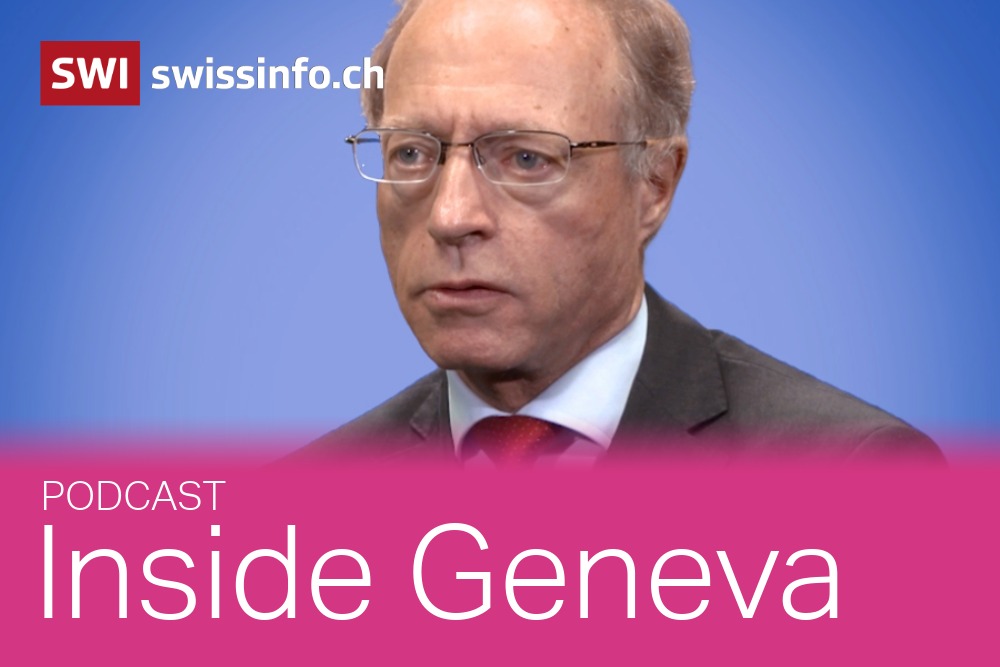


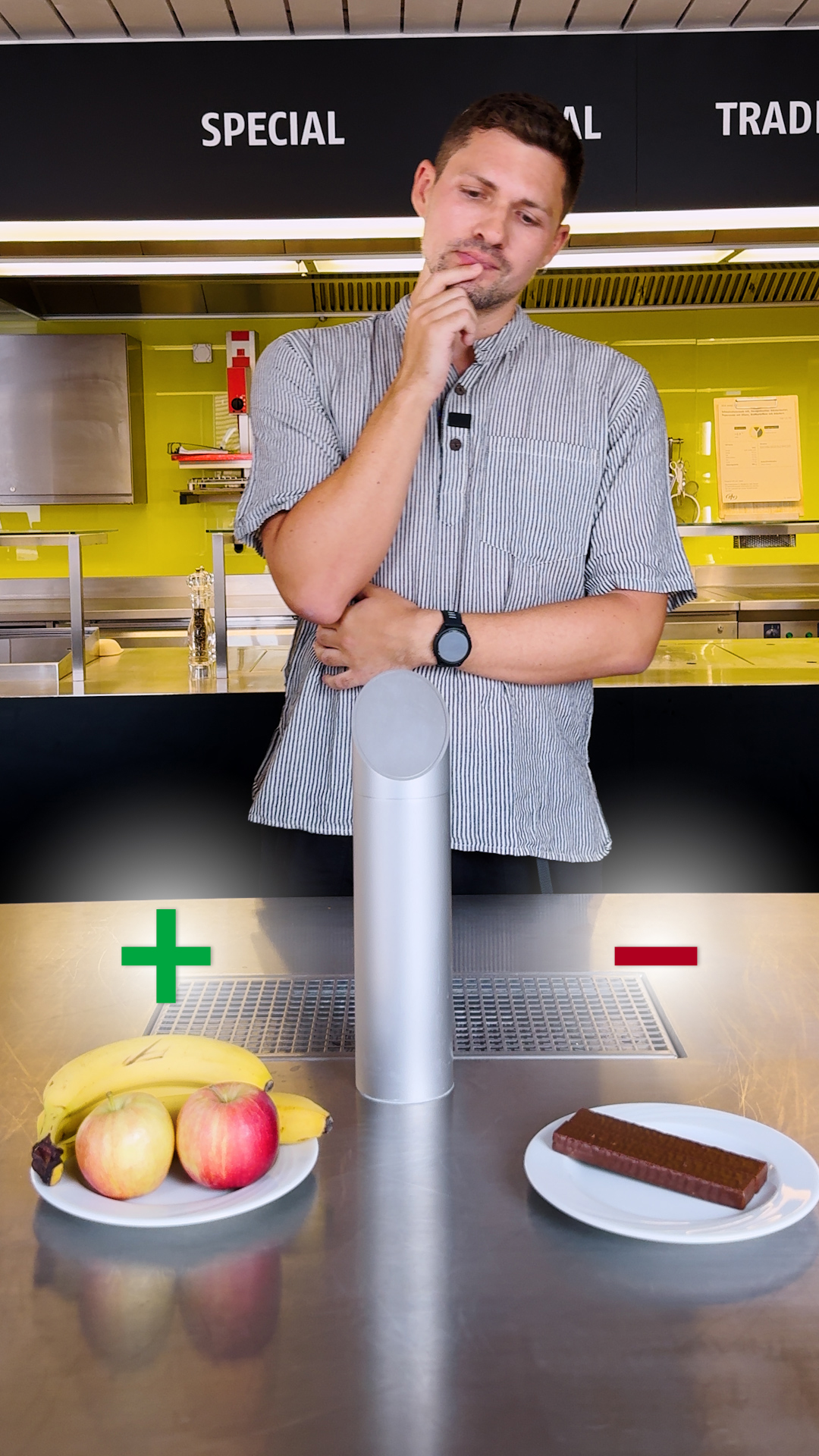

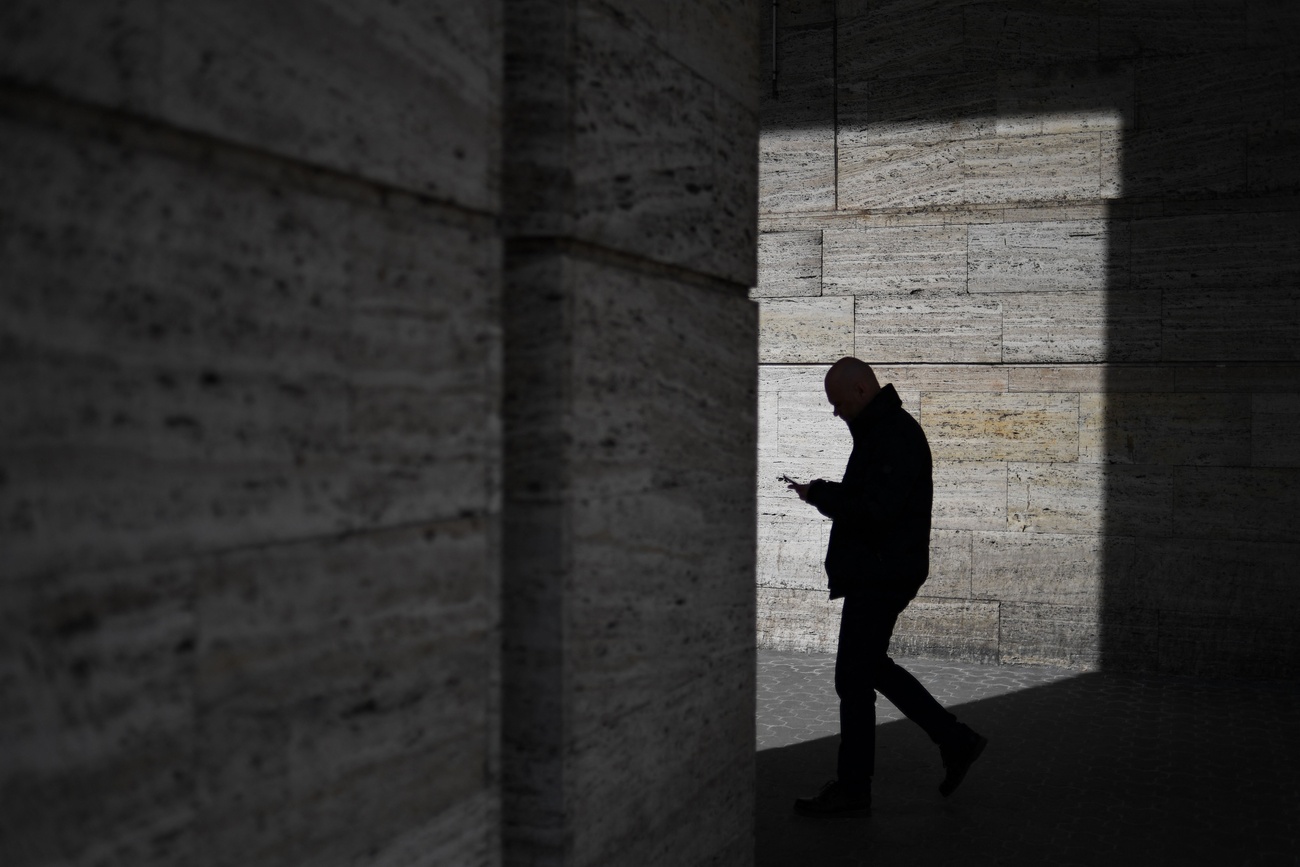








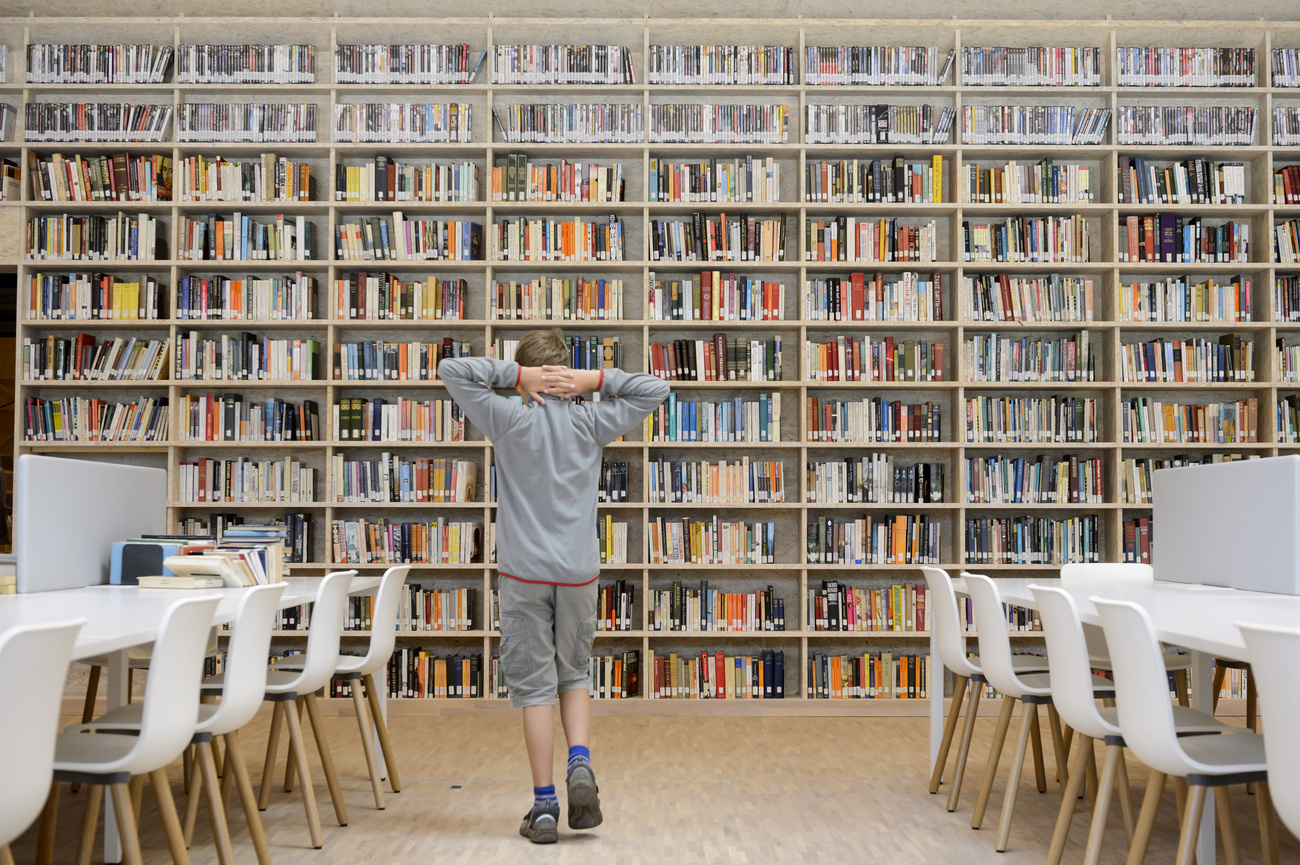


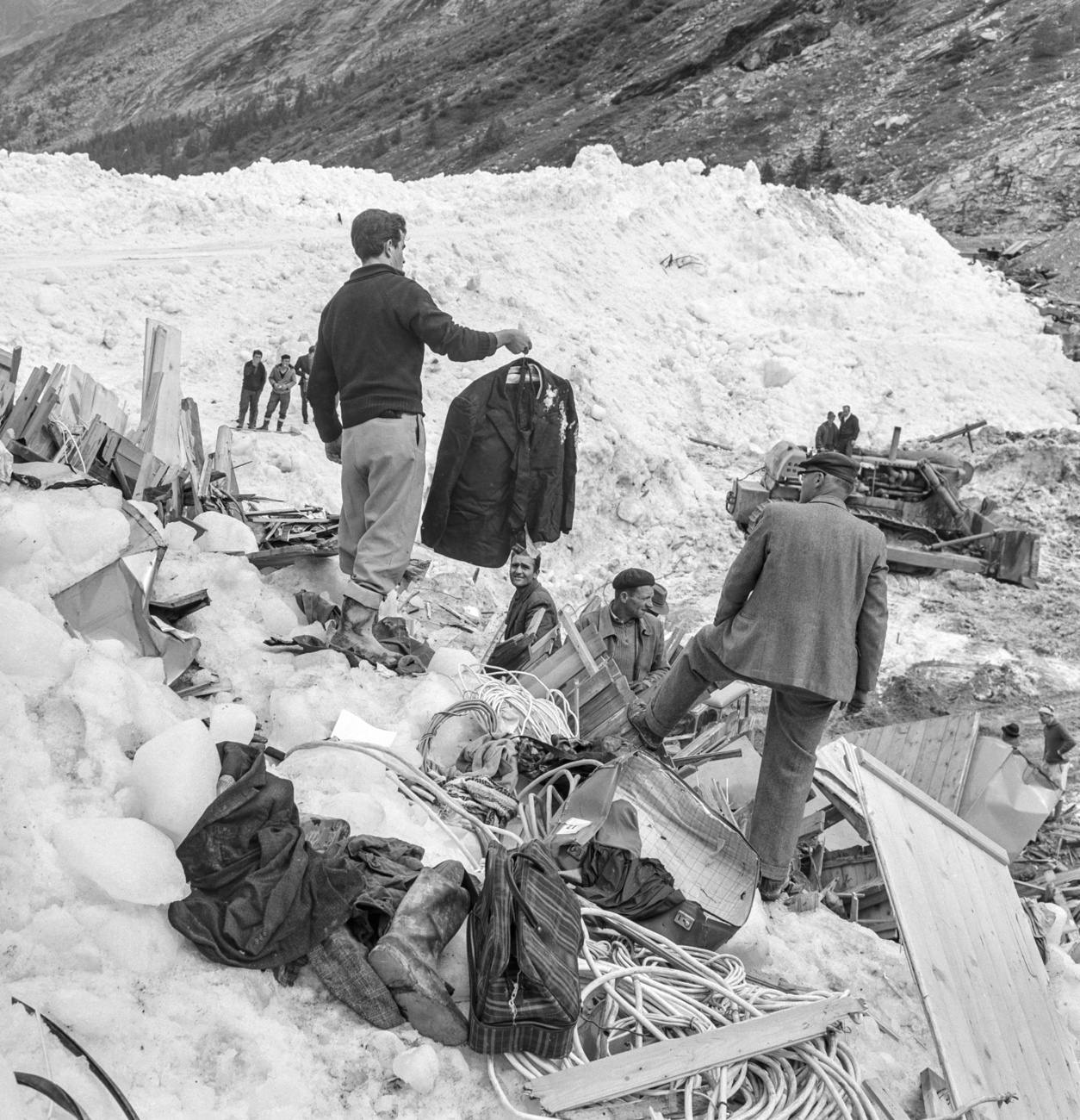



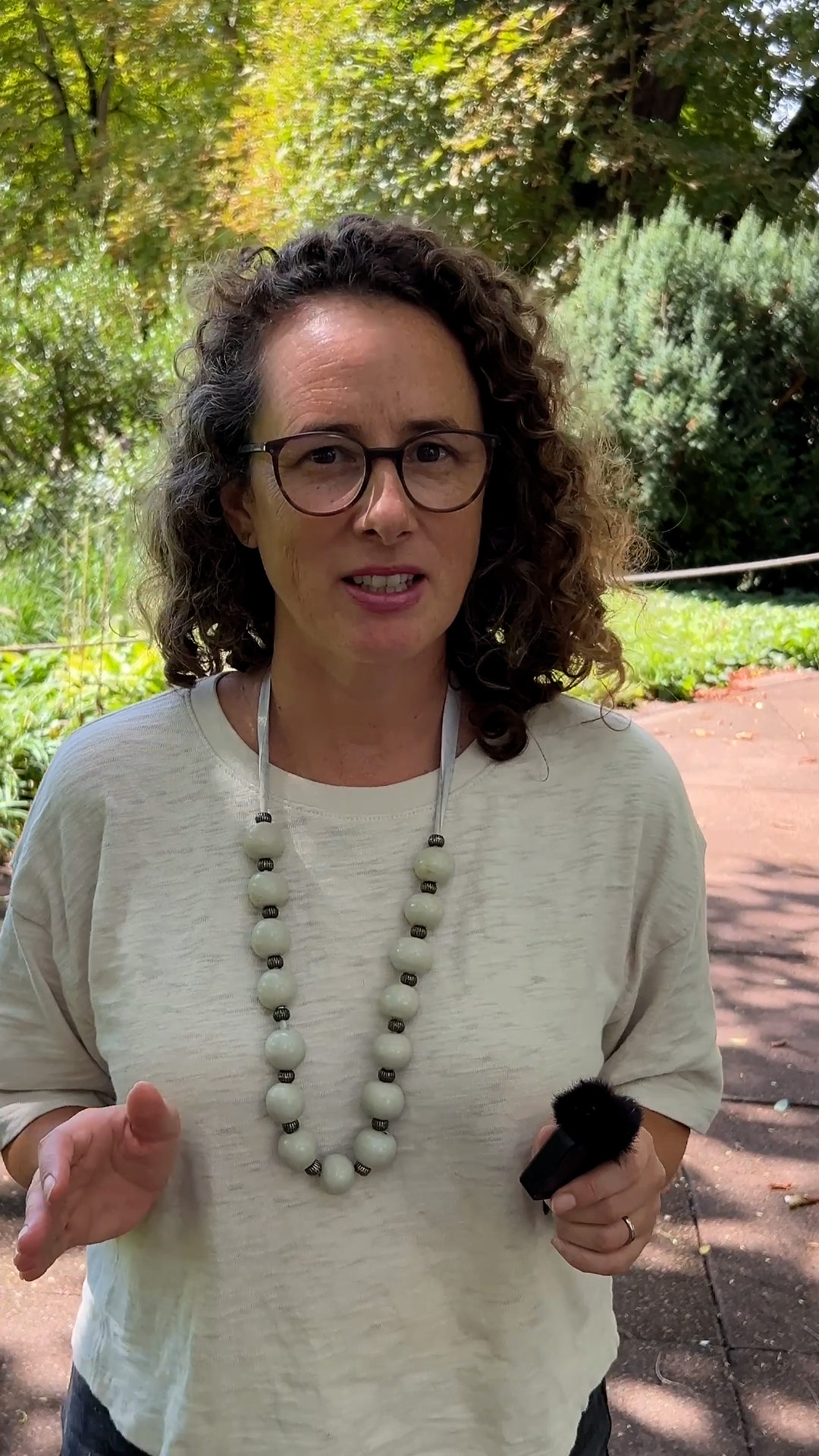




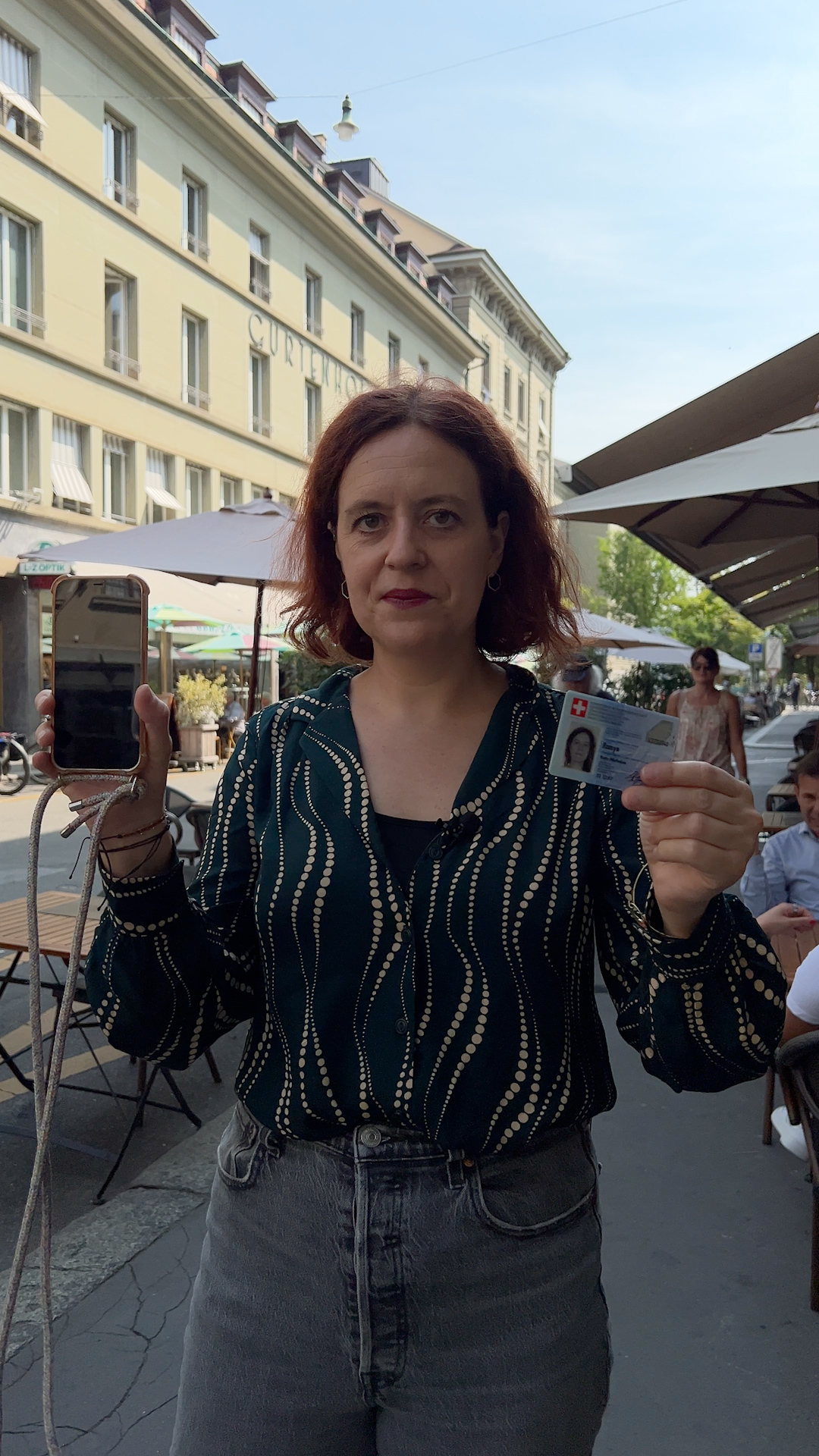
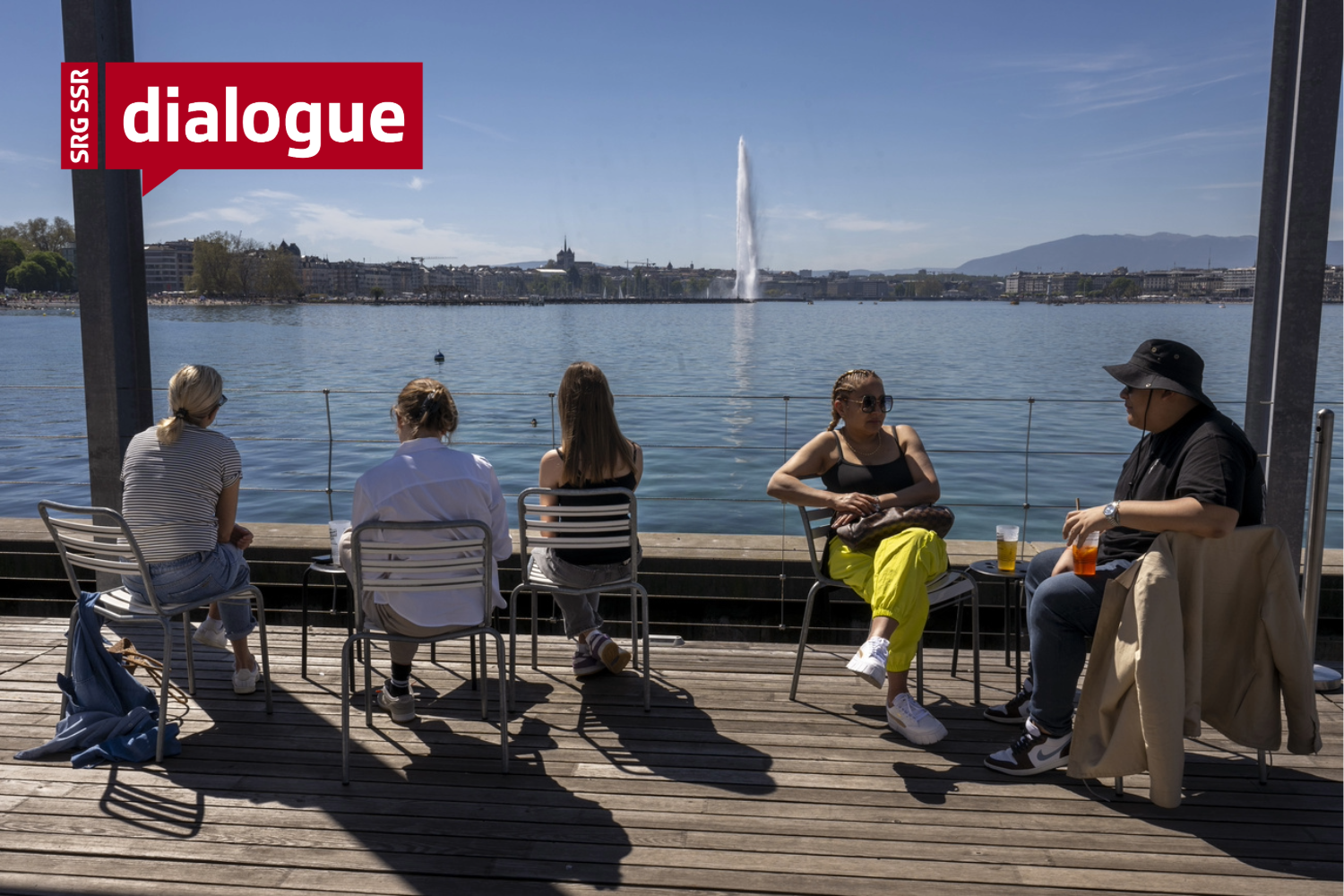









You can find an overview of ongoing debates with our journalists here . Please join us!
If you want to start a conversation about a topic raised in this article or want to report factual errors, email us at english@swissinfo.ch.